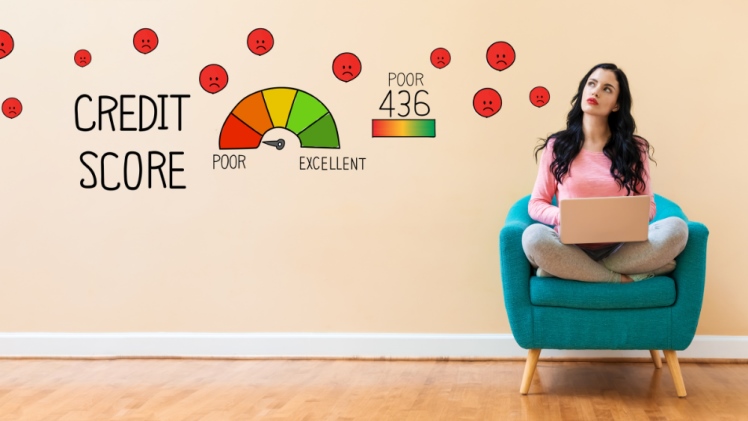Introduction
Acquiring a credit card is a significant financial milestone that can provide convenience, financial flexibility, and opportunities to build or improve your credit history. However, it can be disheartening to discover that your credit score has decreased after obtaining a credit card, especially if you expected it to improve. In this article, we will explore some common reasons why your credit score may dip after obtaining a credit card and how to address these issues.
Hard Inquiry for Credit Card Application
When you apply for a new credit card, the card issuer typically conducts a hard inquiry on your credit report. This inquiry can temporarily lower your credit score by a few points. While the impact is typically modest, it can be more significant if you apply for multiple credit cards in a short period. To mitigate the impact, consider spacing out credit card applications and only applying for cards that align with your financial goals and creditworthiness.
Reduction in Average Age of Accounts
Your credit score considers the average age of your credit accounts. When you open a new credit card, it lowers the average age of your credit history, which can negatively impact your credit score. As time passes and you continue to responsibly manage your new credit card, this effect should diminish, and your credit score may improve over time.
Increase in Credit Utilization
Credit utilization, the ratio of your credit card balances to your credit limits, is a significant factor in your credit score. Opening a new credit card can increase your total credit limit, which, if you carry balances on other cards, can decrease your overall credit utilization. However, it’s essential to remember that accumulating high balances on your new credit card can offset this benefit and negatively impact your credit score. Aim to maintain a low credit utilization rate, ideally below 30% of your available credit.
Missed or Late Payments
Payment history is a critical component of your credit score. A single missed or late payment on your new credit card can have a severe negative impact on your credit score. Ensure that you make at least the minimum payment by the due date for all of your credit accounts, including your new card. Consistently paying your bills on time is one of the most effective ways to maintain or improve your credit score.
New Credit Inquiries
In addition to the credit inquiry associated with the initial credit card application, you might undergo additional inquiries when seeking credit for other purposes, such as a car loan or a mortgage. Multiple inquiries in a short timeframe can signal to creditors that you may be seeking a significant amount of credit, potentially making you appear riskier to lenders. To avoid this, plan your credit applications strategically and avoid unnecessary inquiries.
High Credit Card Balances
Carrying high balances on your credit cards, including your new card, can significantly impact your credit score. High balances increase your credit utilization rate and indicate potential financial stress. It’s advisable to pay down your credit card balances to improve your credit score. Responsible credit card use, where you pay off your full balance each month, can help maintain a low credit utilization rate.
Credit Mix and New Types of Credit
Lenders like to see a diverse mix of credit types on your credit report, including credit cards, installment loans, and mortgages. Opening a new credit card can temporarily impact the diversity of your credit mix, which may affect your credit score. However, focusing solely on this factor is not as critical as maintaining a positive payment history and a low credit utilization rate. Over time, as you continue to manage your new credit card effectively, your credit score should reflect these positive behaviors.
Closing Old Credit Accounts
Some individuals choose to close old, unused credit accounts, believing it will help simplify their finances. However, closing old credit accounts can decrease your overall credit limit and reduce the average age of your credit history. This can have a negative impact on your credit score. Instead of closing old accounts, consider keeping them open and using them occasionally to maintain a healthy credit history.
Conclusion
While it’s not uncommon for a credit score to experience a temporary dip after obtaining a new credit card, the negative impact is typically short-lived if you manage your credit responsibly. To safeguard and potentially improve your credit score, make on-time payments, keep your credit card balances low, and avoid excessive credit inquiries. In time, your credit score should reflect your responsible financial management and potentially rise, allowing you to enjoy the benefits of your new credit card while maintaining a healthy credit profile.

